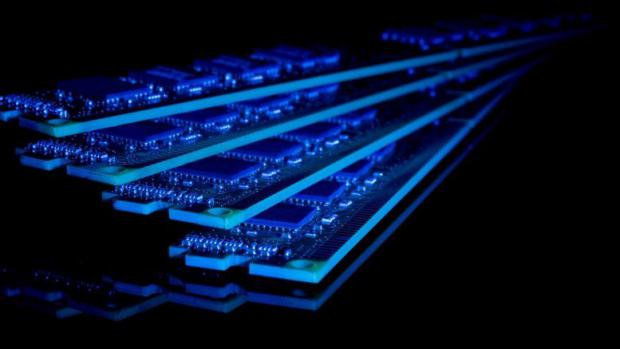
Breaking News
 China Will Close the Semiconductor Gap After EUV Lithography Breakthrough
China Will Close the Semiconductor Gap After EUV Lithography Breakthrough
 The Five Big Lies of Vaccinology
The Five Big Lies of Vaccinology
 Large global study analyzing data from 192 countries has sparked intense debate by suggesting...
Large global study analyzing data from 192 countries has sparked intense debate by suggesting...
Top Tech News
 EngineAI T800: Born to Disrupt! #EngineAI #robotics #newtechnology #newproduct
EngineAI T800: Born to Disrupt! #EngineAI #robotics #newtechnology #newproduct
 This Silicon Anode Breakthrough Could Mark A Turning Point For EV Batteries [Update]
This Silicon Anode Breakthrough Could Mark A Turning Point For EV Batteries [Update]
 Travel gadget promises to dry and iron your clothes – totally hands-free
Travel gadget promises to dry and iron your clothes – totally hands-free
 Perfect Aircrete, Kitchen Ingredients.
Perfect Aircrete, Kitchen Ingredients.
 Futuristic pixel-raising display lets you feel what's onscreen
Futuristic pixel-raising display lets you feel what's onscreen
 Cutting-Edge Facility Generates Pure Water and Hydrogen Fuel from Seawater for Mere Pennies
Cutting-Edge Facility Generates Pure Water and Hydrogen Fuel from Seawater for Mere Pennies
 This tiny dev board is packed with features for ambitious makers
This tiny dev board is packed with features for ambitious makers
 Scientists Discover Gel to Regrow Tooth Enamel
Scientists Discover Gel to Regrow Tooth Enamel
 Vitamin C and Dandelion Root Killing Cancer Cells -- as Former CDC Director Calls for COVID-19...
Vitamin C and Dandelion Root Killing Cancer Cells -- as Former CDC Director Calls for COVID-19...
 Galactic Brain: US firm plans space-based data centers, power grid to challenge China
Galactic Brain: US firm plans space-based data centers, power grid to challenge China
Google's DeepMind Discovers How To Remember Outcomes, Learn Faster

While AI systems can match many human capabilities, they take 10 times longer to learn. Now, by copying the way the brain works, Google DeepMind has built a machine that is closing the gap.
Intelligent machines have humans in their sights. Deep-learning machines already have superhuman skills when it comes to tasks such as face recognition, video-game playing, and even the ancient Chinese game of Go. So it's easy to think that humans are already outgunned.
But not so fast. Intelligent machines still lag behind humans in one crucial area of performance: the speed at which they learn. When it comes to mastering classic video games, for example, the best deep-learning machines take some 200 hours of play to reach the same skill levels that humans achieve in just two hours.
So computer scientists would dearly love to have some way to speed up the rate at which machines learn.

 This is why RAM costs so much
This is why RAM costs so much

